Description
(Sterile Chelating Agent for Heavy Metal Detoxification and Vascular Health Support)
High-Concentration Preservative-Free EDTA for Chelation Therapy & Cardiovascular Applications
EDTA (Edetate Disodium) Injection USP, 150 mg/mL – 30 mL, is a sterile, preservative-free compounded formulation designed for use in chelation therapy, primarily to treat heavy metal toxicity and support vascular integrity. This high-potency injectable is intended for intravenous administration under the supervision of a licensed medical professional, most commonly in integrative and environmental medicine clinics.
EDTA functions as a potent chelating agent, binding divalent and trivalent metals—including lead, cadmium, mercury, arsenic, and calcium—forming stable, water-soluble complexes that are excreted via the kidneys. It is also increasingly used in off-label protocols aimed at addressing atherosclerosis, chronic inflammation, and oxidative vascular damage.
Product Summary
- Active Ingredient: Edetate Disodium (EDTA)
- Concentration: 150 mg/mL
- Volume: 30 mL multi-dose vial
- Formulation: Preservative-free, sterile, non-pyrogenic solution
- Administration Route: Intravenous (diluted in carrier solution)
- Compounded in compliance with USP <797> standards
- For use only under professional supervision
Mechanism of Action
EDTA is a synthetic amino acid compound that chelates metal ions by binding to them through multiple coordination sites. Once bound, these metals become water-soluble and inactive, allowing them to be filtered by the kidneys and eliminated from the body. The process helps remove toxic metal burden, reduce oxidative stress, and protect cellular membranes, enzymes, and vascular endothelium.
Additionally, EDTA has been shown to:
- Inhibit lipid peroxidation
- Improve calcium regulation in vascular tissues
- Promote collagen stabilization
- Enhance circulation by removing calcium plaques from arterial walls (controversial and off-label)
Clinical Applications
1. Heavy Metal Detoxification
EDTA is FDA-approved for treating lead poisoning and indicated for:
- Lead and cadmium toxicity
- Mercury and arsenic detox (adjunctive use)
- Industrial or occupational exposure to heavy metals
- Environmental illness protocols
2. Cardiovascular & Endothelial Support (Off-Label)
Used in EDTA chelation therapy protocols aimed at:
- Improving symptoms of atherosclerosis
- Supporting patients with angina or intermittent claudication
- Promoting endothelial health in chronic vascular conditions
- Reducing calcium accumulation in arterial walls
- Enhancing oxygen delivery and blood flow
The TACT study (Trial to Assess Chelation Therapy) provided preliminary evidence for cardiovascular benefits in select patients with diabetes and prior myocardial infarction.
3. Oxidative Stress & Inflammation Reduction
Chelation helps reduce free radical generation driven by metal ions like iron and copper, which may benefit patients with:
- Chronic fatigue
- Neuroinflammatory conditions
- Autoimmune flares
- Post-chemotherapy recovery
Dosing & Administration
- Typical dosage: 1,000–3,000 mg per session (adjusted based on protocol and kidney function)
- Dilution: EDTA is always diluted in 250–1,000 mL of carrier fluid (e.g., sterile water, D5W, or normal saline) prior to administration
- Infusion time: Generally infused over 1.5 to 3 hours to minimize renal load
- Frequency: 1–2x weekly for 10–30 sessions depending on the condition
- Monitoring: Baseline and periodic labs required (renal function, calcium, zinc, magnesium)
Safety & Precautions
EDTA therapy is safe when professionally administered, though it requires careful patient screening:
- Do not administer undiluted or by IV bolus—may cause hypocalcemia and arrhythmias
- Monitor for renal function decline, particularly in older adults or those with existing kidney issues
- Supplement trace minerals (zinc, copper, magnesium) post-infusion to prevent depletion
- Use caution in patients with heart block, electrolyte imbalances, or pregnancy
- Adverse effects may include:
- Mild: fatigue, headache, nausea
- Severe (rare): hypocalcemia-induced tetany, hypotension, renal dysfunction
Storage & Stability
- Store at 20–25°C (68–77°F)
- Do not freeze
- Discard 28 days after first use
- Protect from direct light and moisture
- Use only sterile, aseptic technique during preparation and administration
Who Should Consider EDTA Injection?
- Patients undergoing chelation therapy for lead or metal detox
- Individuals with past industrial or environmental exposure
- Those seeking vascular support as part of an integrative cardiovascular plan
- Clinics offering anti-aging, longevity, and detoxification services
- Functional practitioners addressing chronic inflammation and metal-driven oxidative stress
EDTA (Edetate Disodium) 150 mg/mL – 30 mL Injectable offers clinicians a high-potency, preservative-free chelation therapy solution, ideal for managing toxic metal burden and supporting vascular resilience. Backed by decades of safe clinical use and emerging data on cardiovascular benefit, it remains a cornerstone compound in detox and integrative protocols across specialties.

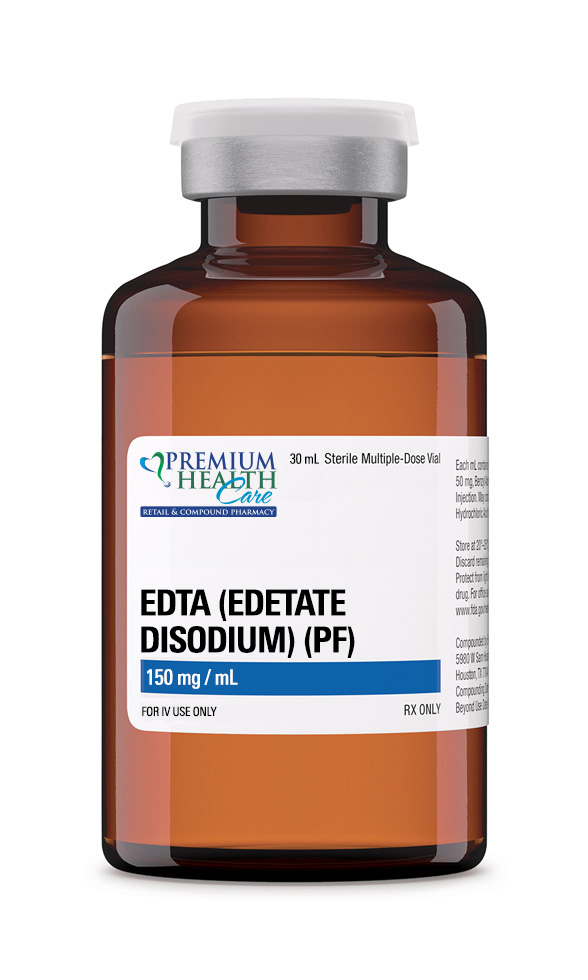
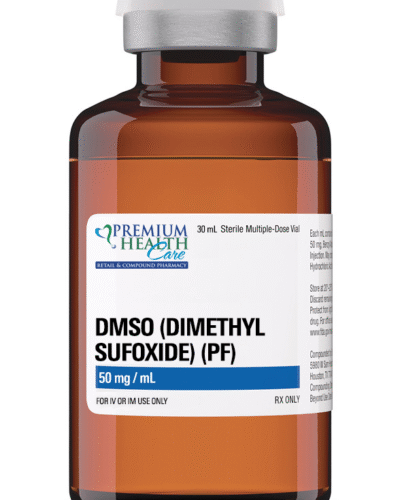
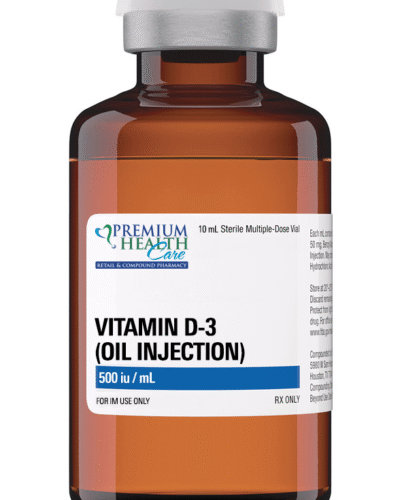
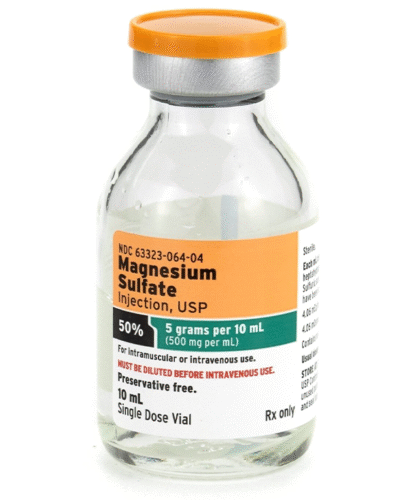
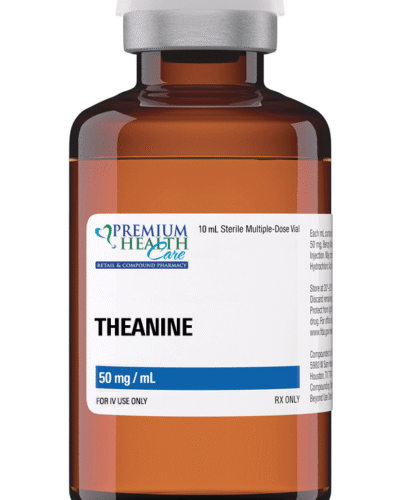
Reviews
There are no reviews yet.